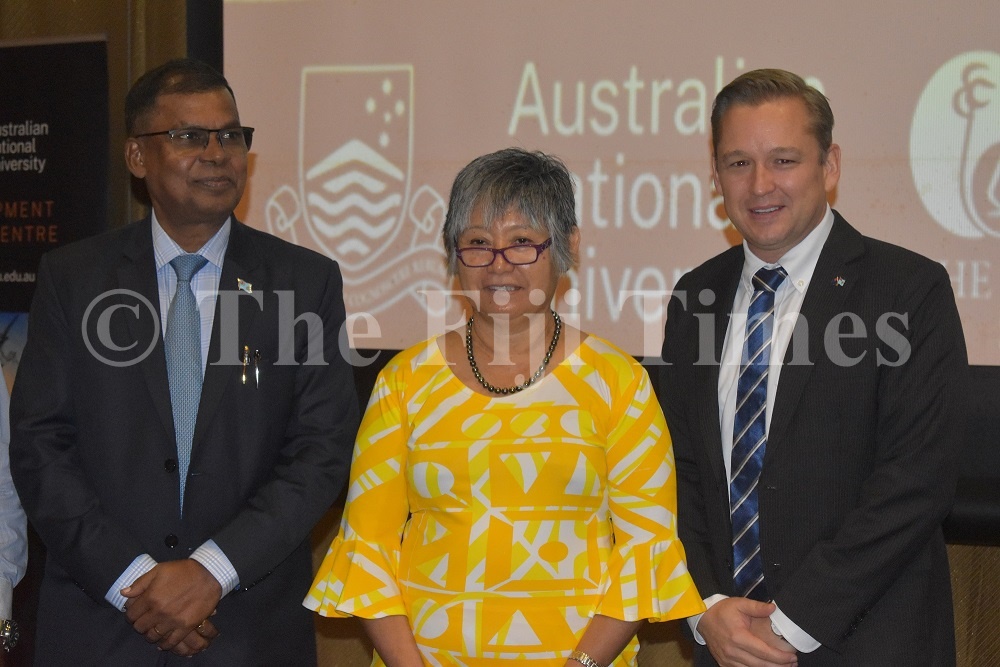Sustainability, empowerment and knowledge generation are three core thematic areas that can help turn ambitions into actions.
This, according to the head of United Nations Economic and Social Commission for Asia and the Pacific (UN ESCAP) Andie Fong Toy.
While speaking during the 2023 Pacific Update at University of the South Pacific (USP) this week, Ms Toy said the Pacific region would take another 42 years to reach the goalposts in the 2030 agenda.
“Our poorest and most vulnerable people in our streets and villages across the Pacific are being left behind because of these socioeconomic challenges and climate risks,” she said.
“To stay afloat, our policies, strategies and most importantly our actions need to secure the rights and wellbeing of everyone on a healthy, thriving planet.
“The Pacific economic outlook remains sluggish, and we are being tested on many socioeconomic fronts. Inflationary pressures continue. Interest rates show upward trends. Fiscal space puts growing limitations on development spending. Debt distress is a reality.
“Of course, the rebound in some parts of the region is preparing the way for tourism recovery, providing opportunities for gradual growth pick up, investment led infrastructure and employment creation.”
However, Ms Toy said such positive growth and investment impacts were at risk of domestic policy changes and uncertainties related to monetary policy tightening and fiscal squeeze. She also outlined that geopolitical competition and climate related disasters could impose significant socioeconomic costs to small island economies.
“We must recognise that investing in sustainability is no longer an ethical choice, and it clearly makes business sense.
“Mainstreaming environment sustainability into government and private sector initiatives must be the norm.”
She said empowerment must also be a basis for economic growth and inclusion, as development must include the participation and empowerment of women and girls, youth, and persons with disabilities so that no one was left behind.
Additionally, Ms Toy said micro, small and medium-sized enterprises (MSMEs) must be supported to raise women and young people’s economic empowerment and advance their entrepreneurship.
She said the Pacific Update was also a great platform for academics, policymakers, students and other stakeholders to exchange experiences and knowledge sharing, which could influence the creation of new policies.



